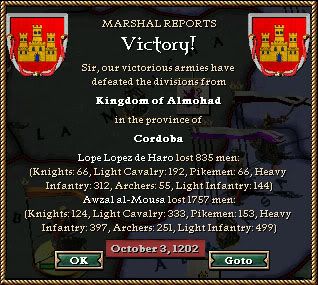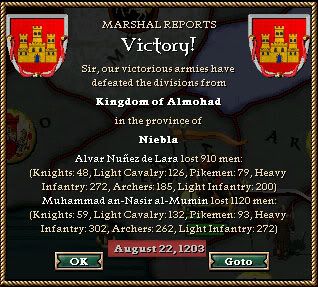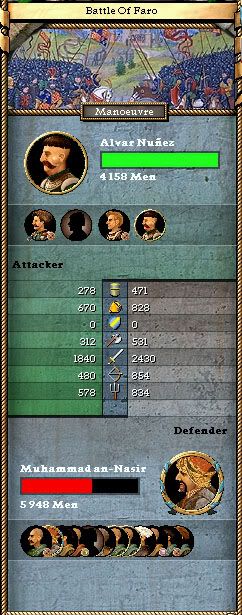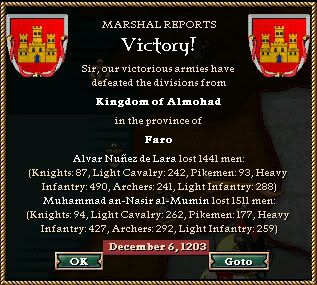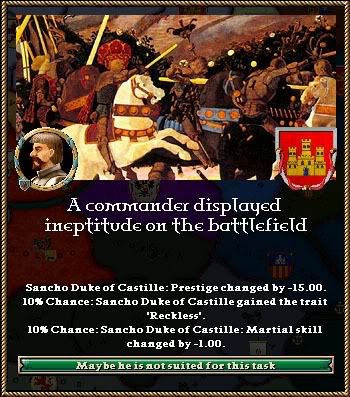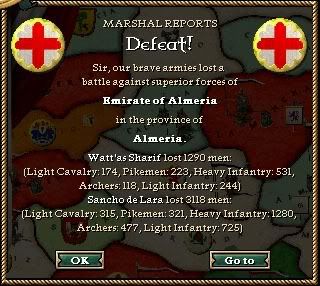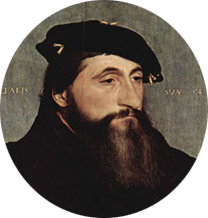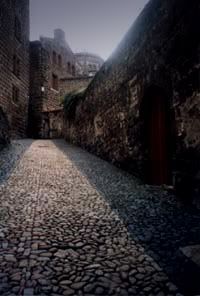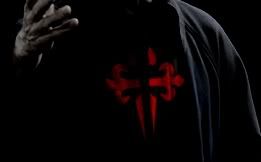Ouch >_<
Also, an interesting fact I gleaned from a book I recently bought: Apparently one of Ferdinand Magellan's backers was from Haro. The book had this to say about the place:
Just happened to chance across it, and thought you might be interested
Also, an interesting fact I gleaned from a book I recently bought: Apparently one of Ferdinand Magellan's backers was from Haro. The book had this to say about the place:
"Haro (the city) flourished as a center of winemaking, and it also sheltered a community of Jewish goldsmiths and bankers until a civil war broke out in the fourteenth century and drove the Jews from their homes."
--Laurence Bergreen, Over the Edge of the World, New York: Harper Perennial, 2003.
Just happened to chance across it, and thought you might be interested



